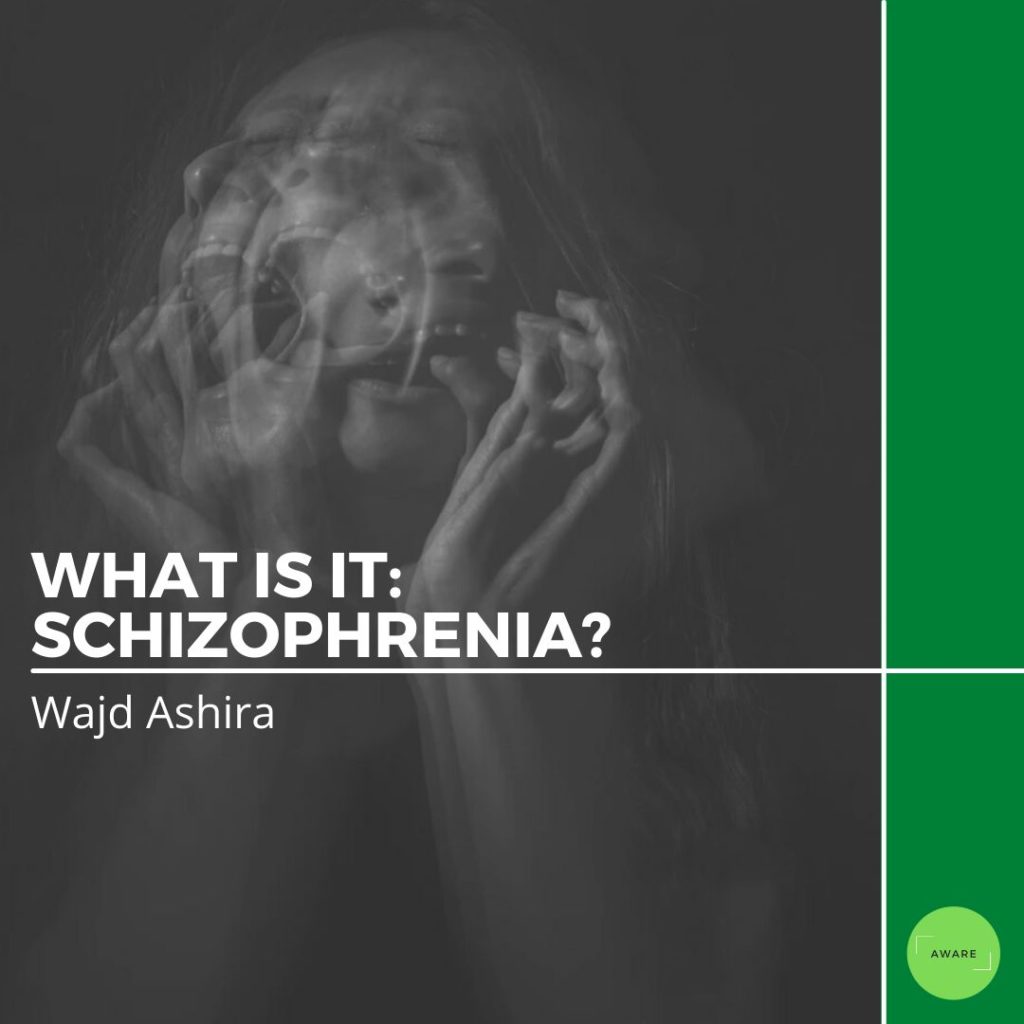A well-known movie called A Beautiful Mind revolved around an important mental disorder that is widely talked about, schizophrenia. This movie depicts the life of noble prize winner and mathematical genius John Nash and how schizophrenia affected him throughout his life. While carrying out his research, Nash endured a series of hallucinations and delusions, which are major symptoms of schizophrenia. By definition, schizophrenia is a mental disorder where significant disruptions occur to behavior, emotions, and thoughts, which can lead people to having their own false reality. People with schizophrenia have difficulty navigating everyday tasks such as doing the assigned work, caring for oneself, and even maintaining relationships. Also, schizophrenia is often confused with dissociative identity disorder, for many people think that it is a condition that involves a split personality. This confusion occurred since the word “schizophrenia” is derived from two Greek words which are “schizo” meaning split and “phrene” meaning psychotic functions, so that makes “splitting of psychotic functions” altogether. Moreover, frequent hospitalizations are pretty common for people diagnosed with schizophrenia.
Symptoms
Hallucinations – they are a very palpable symptom of schizophrenia, and they refer to anything a person may experience without an external stimulation. In other words, they are the experience of smelling, hearing, or even seeing something that is not present in any way. When you hallucinate, you perceive a certain thing that is not even there, meaning that your mind creates this experience. Hallucinations were more thoroughly tackled in my previous article.
Delusions – they are beliefs that a person thinks are true despite reasonable evidence showing otherwise. A person with schizophrenia may have a very firm belief that something is true when it clearly is not. For example, they may think that they are being harmed by another person, even their loved ones, because of these delusions. There are various types of delusions: paranoid, grandiose, and somatic delusions. A paranoid delusion entails a false belief that other people are planning to harm the person. A grandiose delusion entails a belief which renders the person think that they have a certain special power or even unique knowledge. A somatic delusion is a belief that something odd is occurring to the body.
Disorganized Thinking – This refers to a thought process that is obstructed or incoherent as speech would be very nonsensical and absurd. The person might rapidly jump from one topic to another without cohesion, which can potentially affect their own communication skills. The disorganized thinking can be drastic enough to affect a very normal conversation the person may have with their loved ones. Sometimes, it would even seem as if the person is combining random uncorrelated words together. It can even be illogical remarks such as, “Dubai Mall is in Dubai, and I live in Dubai, so I live in Dubai Mall.”
There are other symptoms, but those three are the most prominent ones that should be mentioned. It is important to also mention that the person experiencing those symptoms has no control over them whatsoever.
Causes
Like many other mental disorders, schizophrenia is a socio-biological disorder, which means that both the environmental and the genetic composition would make a person prone to developing this disorder. However, the neurotransmitter dopamine plays an integral role in the development of schizophrenia. It is evident that dopamine is directly correlated to this disorder since drugs that increased dopamine levels developed symptoms of schizophrenia and medications that hindered dopamine activity reduced the symptoms. The dopamine hypothesis proposed that an abundant amount of dopamine is associated with the maintenance of schizophrenia. Furthermore, research has shown that people with schizophrenia have differences in the brain structure and the central nervous system.
